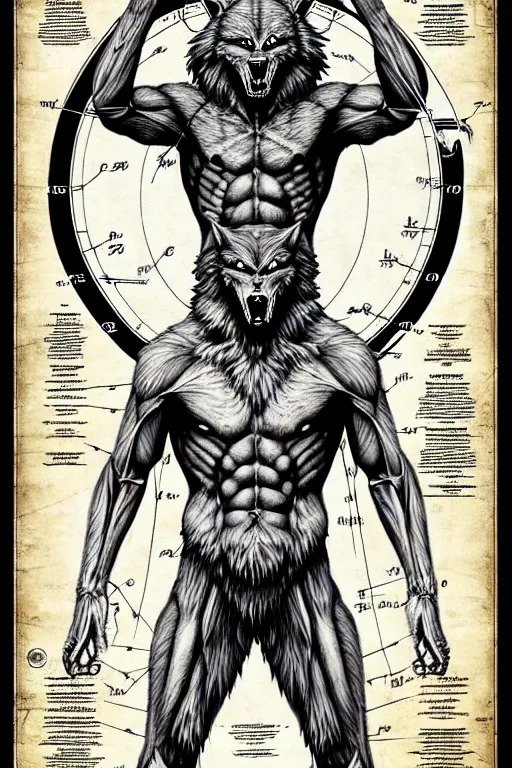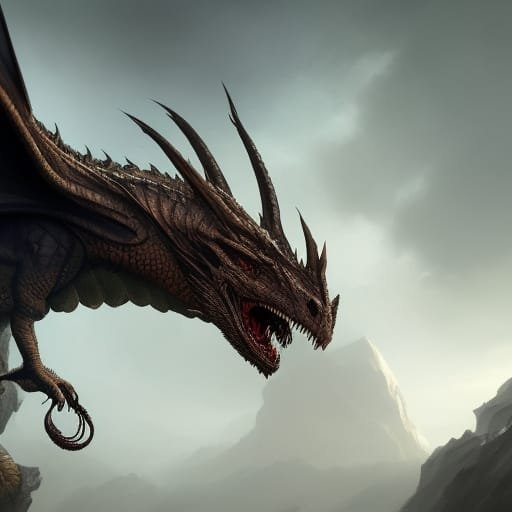The Influence of Real-World Folklore in Popular Fantasy
Fantasy fiction has long been influenced by real-world folklore, with writers and storytellers drawing on the myths, legends, and superstitions of cultures around the world to create rich and immersive worlds. From Tolkien's use of Norse and Anglo-Saxon mythology to the incorporation of Greek and Roman gods in Rick Riordan's Percy Jackson series, the influence of real-world folklore on popular fantasy is undeniable.
In this article, I will explore the ways in which real-world folklore has influenced popular fantasy, from the use of mythical creatures and magical powers to the creation of richly detailed worlds steeped in history and culture. We will also examine how modern authors are continuing to draw on these traditions, reimagining them for a new generation of readers.
Mythical Creatures in Fantasy
One of the most common ways in which real-world folklore has influenced popular fantasy is through the use of mythical creatures. From dragons and unicorns to griffins and centaurs, these creatures have captured the imagination of readers and writers for centuries.
For example, J.K. Rowling's Harry Potter series draws on the myths and legends of Europe, incorporating creatures such as the basilisk and the Hungarian Horntail dragon. Similarly, George R.R. Martin's A Song of Ice and Fire series features a wide array of fantastical creatures, including direwolves, dragons, and wights.
Magical Powers in Fantasy
Another way in which real-world folklore has influenced popular fantasy is through the use of magical powers. From ancient sorcerers and witches to modern-day wizards and witches, magic has been a staple of fantasy fiction for generations.
For example, J.R.R. Tolkien's Lord of the Rings series features powerful wizards such as Gandalf and Saruman, while J.K. Rowling's Harry Potter series revolves around a school for young witches and wizards. The use of magic in these series is not only a means of advancing the plot but also serves to deepen the characters and their relationships.
Richly Detailed Worlds in Fantasy
Real-world folklore has also influenced popular fantasy through the creation of richly detailed worlds steeped in history and culture. From the intricate social hierarchies of Westeros in A Song of Ice and Fire to the richly imagined worlds of Middle-earth in Lord of the Rings, these worlds are often inspired by real-world cultures and traditions.
For example, Ursula K. Le Guin's Earthsea series draws on the myths and legends of Polynesian culture to create a vivid and immersive world, while N.K. Jemisin's Broken Earth trilogy draws on the history and culture of ancient Egypt and Mesopotamia to create a unique and thought-provoking world.
Modern Authors and Folklore
While real-world folklore has long been a source of inspiration for fantasy writers, modern authors are continuing to draw on these traditions in new and exciting ways. From incorporating lesser-known myths and legends to reimagining well-known stories, these authors are pushing the boundaries of the genre and creating fresh and original works.
For example, Neil Gaiman's American Gods draws on a wide array of myths and legends from around the world to create a unique and captivating world, while Tomi Adeyemi's Children of Blood and Bone draws on the myths and legends of West Africa to create a powerful and thought-provoking story.
One of the most memorable series that includes a lot of folklore and mythology would be The Witcher series by Andrzej Sapkowski. These books have been an endless source of inspiration for twisting folklore into the narrative in new and interesting ways.
Conclusion
Real-world folklore has had a profound influence on popular fantasy, shaping the worlds, creatures, and magic that we know and love. From Tolkien's Middle-earth to Rowling's Hogwarts, the influence of real-world folklore is undeniable. As modern authors continue to draw on these traditions, we can look forward to a future of even more exciting and immersive fantasy worlds.
Pro tip: consider the ways you can incorporate folklore into your stories. You could make it a straight adaptation or twisting it a bit to fit.
Til next time.
If you want to learn more about building a believable and immersive fantasy world in your writing check out my other posts:
PS - Don’t forget to sign up below for updates on new book releases and blog articles. Also, drop by my Patreon and socials


